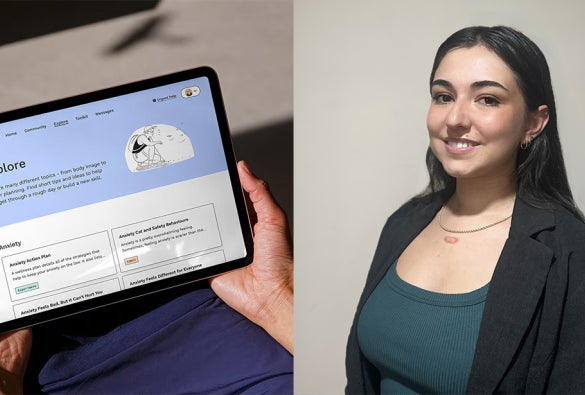Culture and Society in Public Health
Unit code: HMG7220
Credit points: 12
This unit examines the contribution of the social sciences to understanding and improving public health. The influence of culture and society on beliefs, attitudes and behaviours around health and how these shape disease risk and health outcomes is critically appraised. Students will explore the complex relationships between gender, culture and health inequalities. The efficacy of policies and strategies to address such inequalities will be evaluated. Concepts such as cultural competence, cultural safety and cultural humility as they relate to public health practice will be examined. Students will evaluate effective communication strategies, for public health practice when working with diverse communities.
|
Item |
Assessment |
Graded |
LO Alignment |
Grad Caps Alignment |
|
Other |
Short article on social science perspectives in public health (500 words) |
10% |
2 |
1, 2, 3 |
|
Report |
Report on specific health inequality (2500 words) |
50% |
1, 2, 3 |
1, 2, 3 |
|
Presentation |
Presentation on cultural competence (10-12mins) |
40% |
1, 3, 4 |
1, 2, 3 |
|
Other |
Evidence of completion of the Academic Integrity Modules (Hurdle) |
0% |
5 |
1, 2, 3 |
This unit is studied as part of the online Master of Public Health and Graduate Certificate in Public Health.





